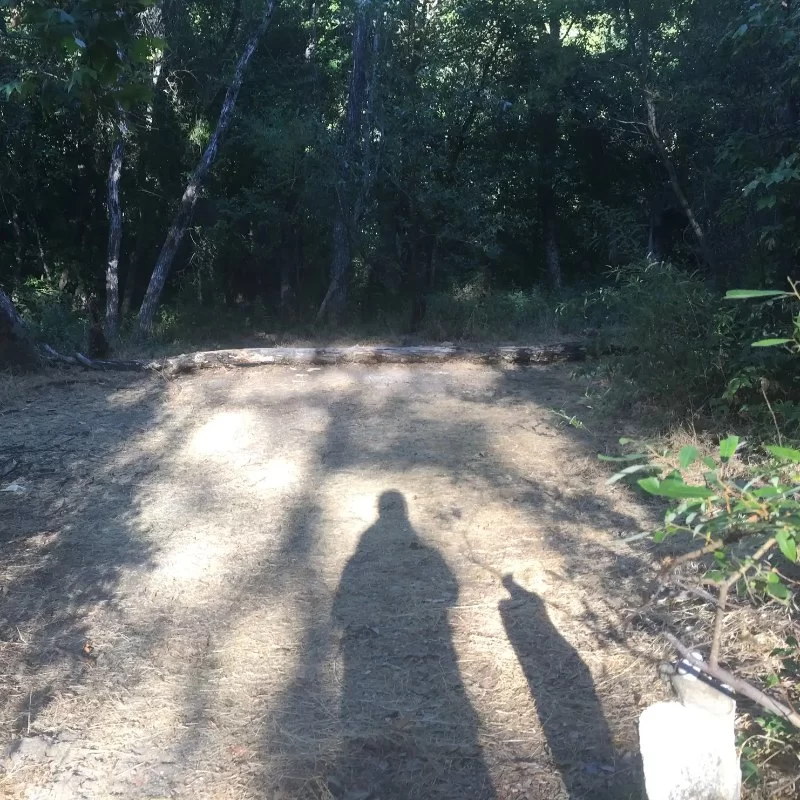Learn how to camp near Eroded Bluff Ridge safely with expert tips, real outdoor stories, and practical guidance to plan a rewarding and responsible camping experience.

- #How-to-Camp-Near-Eroded-Bluff-Ridge—exploring-a-unique-landscape
- #Understanding-the-risks-and-natural-processes-of-bluff-erosion
- #Choosing-safe-campsites-and-essential-gear-for-bluff-ridge-camping
- #Real-adventures-and-lessons-from-campers-near-eroded-ridges
- #Expert-recommendations-and-resources-from-Pine-Cliff-Resort
How to Camp Near Eroded Bluff Ridge—Exploring a Unique Landscape
Outdoor enthusiasts across the United States are increasingly drawn to dramatic geological locations, including eroded bluff ridges—steep landforms shaped by wind, rain, and time. If you're searching for How to Camp Near Eroded Bluff Ridge, you’re likely someone who appreciates rugged terrain, breathtaking views, and the opportunity to escape into nature’s quiet, untamed spaces. But camping near these formations requires mindfulness, proper planning, and respect for the fragile environment.
Eroded bluffs, while stunning, can be unpredictable due to loose soil, crumbling rock, and shifting ledges. Understanding how to navigate these risks while embracing the beauty of the landscape will help ensure a safe and memorable camping experience. For campers who want personalized guidance or need to prepare with high-quality gear, Pine Cliff Resort often provides trusted recommendations and resources suited for this type of terrain.
Understanding the Risks and Natural Processes of Bluff Erosion
Bluff ridges are constantly changing landscapes. Erosion is a natural and ongoing process caused by wind, water, temperature shifts, and sometimes human activity. Knowing how erosion works can help you choose where to set up camp and how to navigate the terrain safely.
1. Soil instability along the edges
Eroded bluffs often have fragile edges that can crumble under weight or pressure. Even ground that looks solid from a distance may be hollow or brittle underneath. This instability makes it critical to stay well back from cliff edges, especially during or after rainfall.
2. Weather-related erosion events
Heavy rainstorms can cause sudden changes in bluff stability, washing away soil or carving new gullies overnight. Wind exposure is also intense at higher elevations, and gusts can dislodge small rocks that accumulate over time.
3. Temperature changes that weaken rock layers
Freeze-thaw cycles common in northern states can cause rocks to expand and contract, making ridges more prone to crumbling. This effect is particularly noticeable in early spring.
By understanding these natural forces, you can assess landscapes more carefully and avoid high-risk areas while camping.
Choosing Safe Campsites and Essential Gear for Bluff Ridge Camping
Camping near eroded ridges is rewarding, but choosing the right campsite is essential for safety. Setting up camp just a few yards away from a fragile edge can be dangerous, especially at night or during storms. The safest campsites provide stability, visibility, and enough distance from erosion zones.
1. Selecting a stable campsite
Look for areas with compacted soil and natural barriers such as shrubs, sturdy trees, or rocky outcroppings that indicate stability. Avoid sandy surfaces or locations with visible cracks in the ground. Campers often seek slightly elevated flat spots that provide a view but maintain a safe distance from drop-offs.
2. Essential gear for unpredictable terrain
Durable hiking boots, strong tent stakes, wind-resistant tents, and weatherproof clothing are indispensable when camping near bluffs. Because wind exposure is often intense, bringing extra guy lines and low-profile tents helps prevent nighttime surprises.
3. Navigation and lighting
Bluff ridges can become challenging to navigate at dusk or dawn. Bright headlamps and GPS-enabled devices reduce the risk of wandering too close to unstable edges in low visibility.
Many campers preparing for this type of environment rely on recommendations from Pine Cliff Resort, where staff understand the unique demands of bluff terrain and can help travelers choose the safest and most reliable gear.
Real Adventures and Lessons From Campers Near Eroded Ridges
Campers often share their experiences online, revealing both the beauty and challenges of camping near eroded bluff ridges. These real stories offer valuable lessons for anyone planning a similar trip.
One widely shared account came from a group of hikers in Arkansas who camped near a bluff overlooking a river valley. Overnight rain caused a small portion of the edge to crumble, reminding them how quickly the landscape can shift. Because they had pitched their tents farther inland, they remained safe—but the moment served as a powerful lesson in respecting erosion-prone areas.
Another camper from South Dakota described the surreal beauty of waking up to sunlight spilling over layered rock formations. He recalled how the early morning winds picked up unexpectedly, nearly pulling loose gear off the ridge. His story emphasized the importance of securing equipment and preparing for sudden gusts.
These stories highlight the need for awareness, preparation, and adaptability—qualities that every bluff ridge camper should embrace.
Expert Recommendations and Resources From Pine Cliff Resort
Camping near an eroded bluff ridge demands a balance of adventure and caution. When equipped with the right knowledge and gear, you can fully enjoy the breathtaking views, rugged trails, and peaceful solitude these landscapes offer. Expert recommendations can make a huge difference, especially for newcomers or those venturing into bluff terrain for the first time.
Pine Cliff Resort offers curated resources to help campers prepare for trips near eroded ridges, including gear suggestions, safety insights, and tailored recommendations for your specific destination. Whether you’re planning a weekend escape or a multi-day hiking adventure, trusted guidance ensures your trip is both safe and memorable.
By understanding the land, respecting erosion patterns, and preparing thoughtfully, campers can enjoy unique adventures near bluff ridges while staying safe and responsible.
US Forest Services National Acctng
9317 TX-75, New Waverly, TX 77358, USA
Visit Location PageBoulder Lake Campsite #3
Boulder Lake Rd, Duluth, MN 55803, USA
Visit Location Page